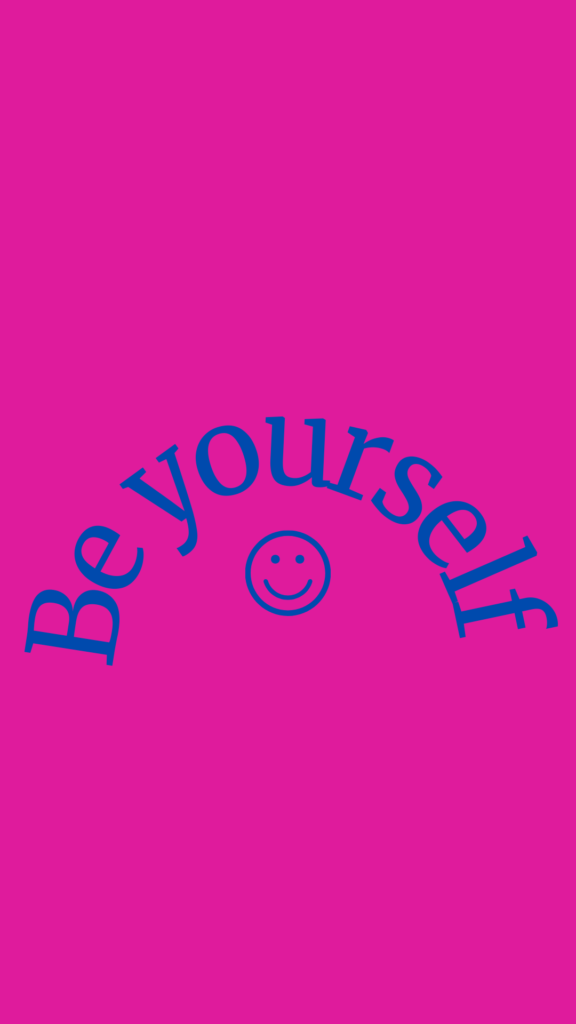The concept of a dopamine detox was first introduced by psychologist and professor PhD. Dr. Cameron Sepah as: an evidence-based technique to manage addictive behaviors, by restricting them to specific periods of time, and practicing fasting from impulsively engaging in them, in order to regain behavioral flexibility.
What Is Dopamine?
- Dopamine is a neurotransmitter in the brain that plays various roles, including learning, motivation, sleep, mood, and attention.
- It is naturally produced by the body and acts as a chemical messenger.
- Both excess and deficiency in dopamine production can impact mental health.
The Idea Behind a Dopamine Detox:
- During a dopamine detox, individuals avoid dopamine triggers for a set period, ranging from an hour to several days.
- The goal is to reduce dependence on the emotional “hits” that dopamine provides, which can sometimes lead to dependence or addiction.
- Common compulsive behaviors targeted during a dopamine detox include:
- Emotional eating
- Excessive internet usage and gaming
- Gambling and shopping
- Porn and masturbation
- Thrill and novelty seeking
- Recreational drug use etc.
Reducing dependence on dopamine triggers involves mindful strategies and lifestyle adjustments. Here are some practical steps to help you achieve a healthier balance:
- Awareness and Mindfulness:
- Recognize the activities or situations that trigger dopamine rushes. These could be social media, gaming, or other instant gratifications.
- Observe how these triggers affect your mood, behavior, and overall well-being.
- Gradual Reduction:
- Gradually decrease the time spent on dopamine-triggering activities.
- For example, if you spend hours on social media, start by reducing it to a specific time window each day.
- Replace with Healthy Alternatives:
- Replace dopamine-triggering activities with healthier ones. Engage in activities that provide a sense of accomplishment or relaxation.
- Examples:
- Exercise: Physical activity releases endorphins, which contribute to a positive mood.
- Reading: Dive into a good book or explore educational content.
- Hobbies: Pursue hobbies or interests that engage your mind and creativity.
- Set Boundaries:
- Limit screen time: Set boundaries for social media, gaming, and other digital activities.
- Use apps: Consider using apps that track and limit your screen time.
- Practice Delayed Gratification:
- Delay rewards: Instead of instantly gratifying yourself, delay rewards. For instance, wait before checking notifications or messages.
- Learn patience: Understand that not everything needs an immediate response.
- Mindful Consumption:
- Food and substances: Be mindful of how certain foods, caffeine, or alcohol affect your dopamine levels.
- Moderation: Enjoy treats in moderation rather than relying on them excessively.
- Social Connections:
- Quality over quantity: Focus on meaningful interactions with friends and family.
- Face-to-face: Spend time with loved ones in person.
- Practice Gratitude:
- Reflect daily: Acknowledge and appreciate the positive aspects of your life.
- Gratitude journal: Write down things you’re thankful for.
- Seek Professional Help:
- If dependence on dopamine triggers significantly impacts your life, consider seeking guidance from a therapist or counselor.
Remember that balance is key. It’s okay to enjoy dopamine-triggering activities, but maintaining a healthy equilibrium is essential for overall well-being.



